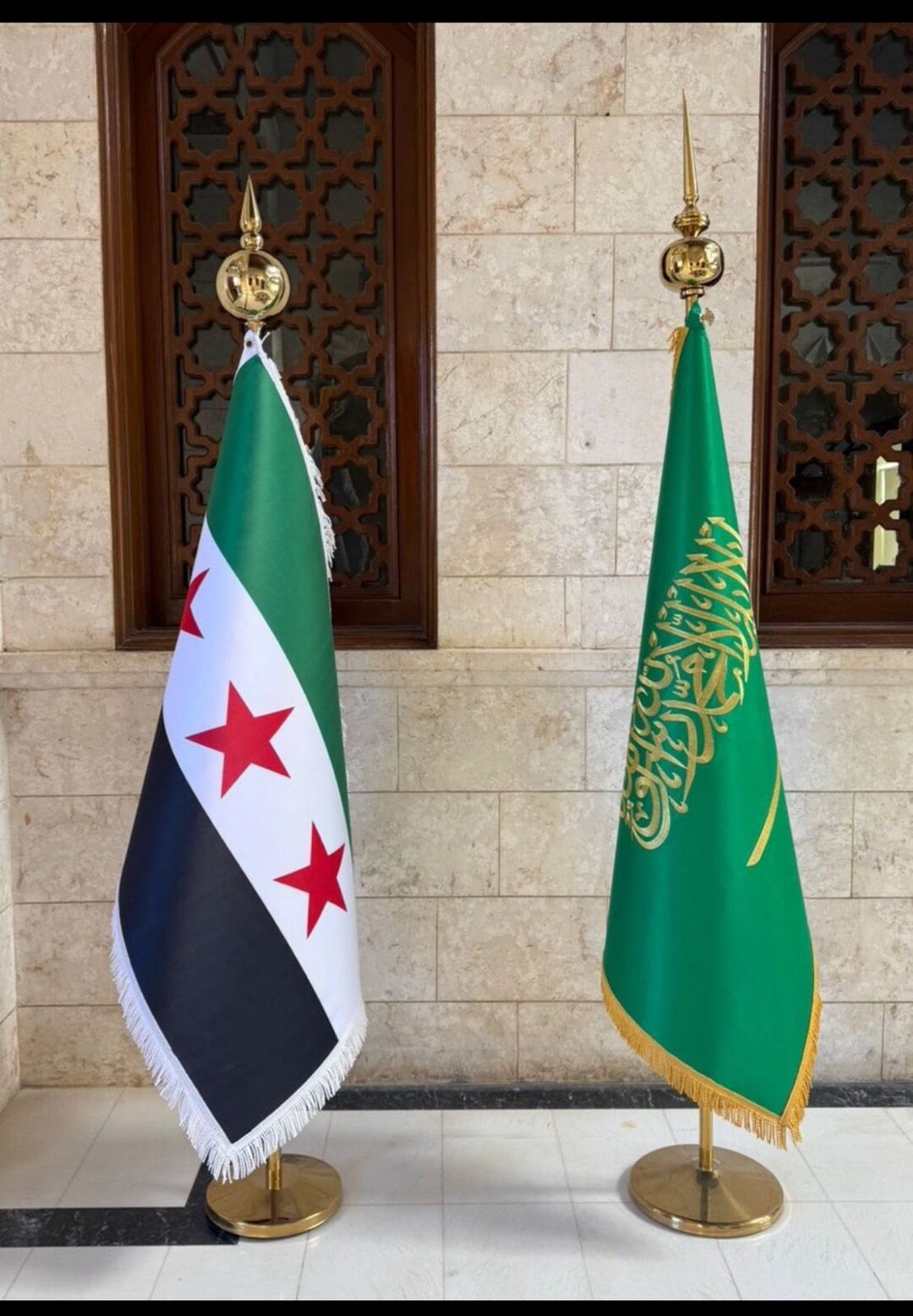At the end of 2024, many began debating the topic, “Shifting Balance of Power in the Middle East,” particularly following the fall of the brutal Syrian regime, which had controlled the ancient Arab capital, Damascus, as well as the entire country for more than five decades under the Ba’ath Party.
What happened at the end of 2024 is considered a seismic event that not only redefined Syria’s internal dynamics but also opened the door for regional and global powers to shape its future and influence the broader region.
The Kingdom of Saudi Arabia is among these powers and may have a potential desire to participate in Syria’s future, leveraging its growing economic and political influence to shape the region’s trajectory. Earlier this week, the Kingdom hosted a meeting that brought together top Middle Eastern and European diplomats in the Saudi capital, Riyadh, to discuss Syria’s future. It is seen by many as a clear sign that the Kingdom is moving forward with efforts to play a key role in shaping Syria’s future.
In fact, as soon as the Assad regime fell, the Syrian people started discussing on social media the best approaches to improving their lives and economic opportunities. Not surprisingly, some Syrians identified the Kingdom’s Vision 2030 project as the ideal model for economic revitalization, a path to stability, and a means to improve the quality of life for individuals, sparking interest in adopting a similar plan for Syria.
Syria’s new leader, Ahmed Al-Sharaa, during an interview with Asharq Al-Awsat last December echoed this sentiment and praised the Kingdom for its economic vision. Al-Sharaa said that he had ambitions to replicate such plans in his war-torn country. He also addressed concerns about his transitional government and vowed to prevent Syria from becoming another source of regional instability. Al-Sharaa’s remarks, which emphasized his intention to act constructively during his leadership, were viewed as a reassurance to Gulf and Arab countries, highlighting his commitment to fostering stability in the region.
Indeed, in recent years, young people across the Arab world, in countries such as Lebanon, Jordan, Iraq, Sudan and other Arab countrie, have admired the Kingdom’s vision, highlighting its potential to inspire regional prosperity and development. In other words, many view Saudi’s Vision 2030 as a framework for fostering economic growth and improving the quality of life across the Middle East.
In a broader context, the current situation in the Middle East might be seen as a prelude to the arrival of US President Donald Trump, whose America First policy shifted Washington D.C’s focus inward, prompting regional powers to take greater responsibility for their own security.
For instance, the renowned political analyst, author and global affairs commentator Fareed Zakaria addressed this issue in his book “The Age of Revolutions,” arguing that the US is grappling with an increasingly uncertain ability to maintain its global hegemonic role due to shifting dynamics, including the rise of powers like China. Perhaps this retreat has created a power vacuum in key regions, including the Middle East, which Saudi Arabia has already begun to fill — and will continue to fill — by leveraging its economic power.
Moreover, Zakaria during his last visit to the Kingdom highlighted how countries like Saudi Arabia are striking a balance between modernization and cultural preservation, positioning themselves as pivotal players in the evolving global order.
To conclude, through initiatives such as Vision 2030, Saudi Arabia is not only fostering economic growth and diversification but also asserting itself as a stabilizing force in a region long characterized by instability. By wielding its growing economic influence, Saudi Arabia is stepping into the leadership void, offering pragmatic alternatives and acceptable frameworks to foster economic integration in the Middle East, similar to the European Union. Unlike other regional powers, Saudi Arabia’s role is perceived as being more aligned with Arab interests and values, making its leadership more acceptable and welcomed across the Arab world.
• Nasser bin Hamed Al-Ahmad is a political researcher and writer with more than seven years’ experience in political media. He specializes in analyzing political trends in the MENA region and the US. X: @nasseralahmad3












